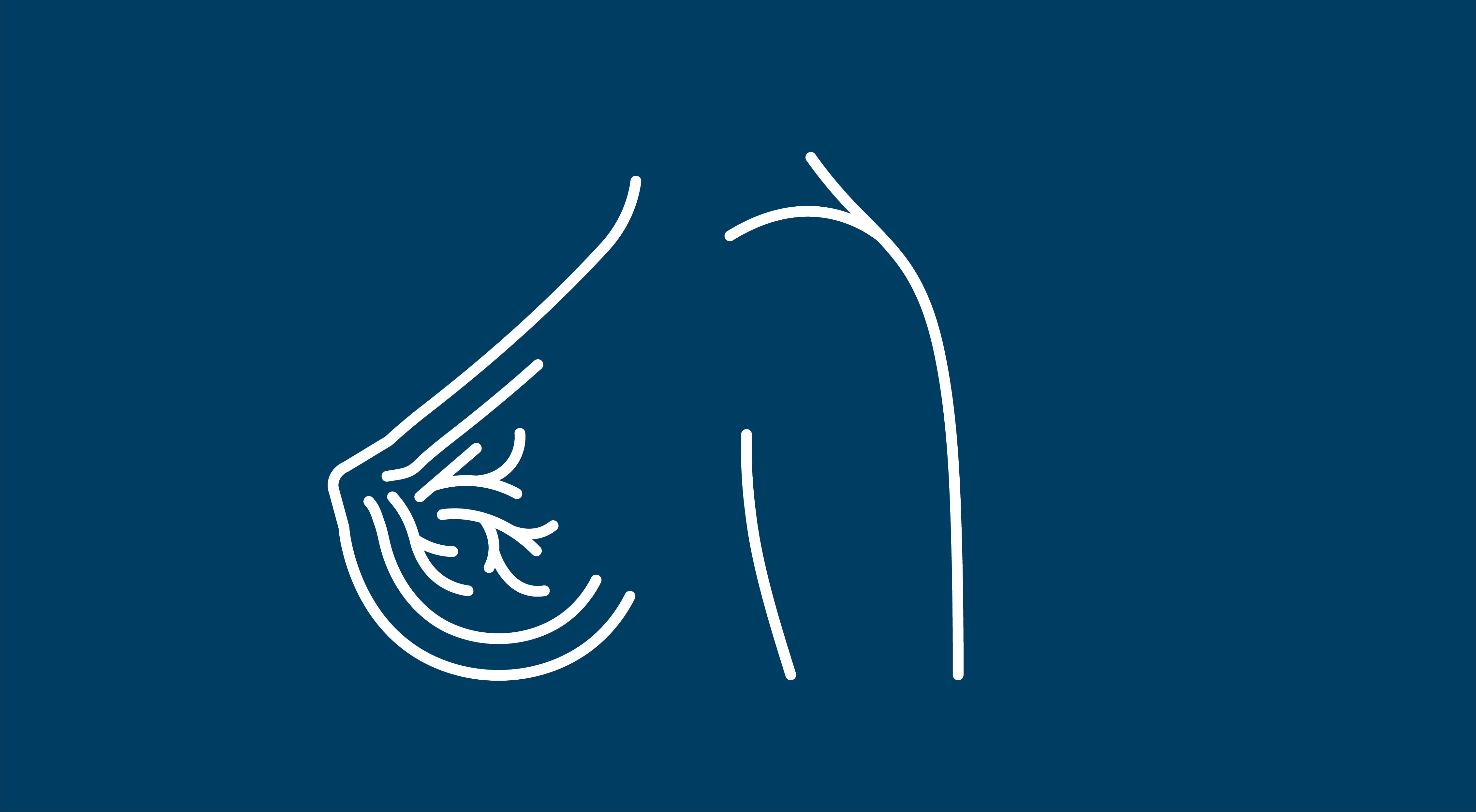Vaginal Hormone Therapy Is Not Linked to Breast Cancer Recurrence in Post-Menopausal Patients
An observational study found no association between single-agent vaginal estrogen therapy or menopausal hormone therapy and increased risk of recurrence or mortality in patients with breast cancer.
Vaginal Hormone Therapy Is Not Linked to Breast Cancer Recurrence in Post-Menopausal Patients

Post-menopausal women who receive either vaginal estrogen therapy (VET) or menopausal hormone therapy (MHT) to alleviate breast cancer treatment–emergent genitourinary symptoms are not at a higher risk of recurrence or mortality, according to results of a study published in Journal of the National Cancer Institute.1 However, a subgroup analysis did find that VET, in combination with adjuvant aromatase inhibition, may increase risk of recurrence, though not mortality, in this population.
At a median follow-up time of 9.8 years for recurrence and 15.2 years for mortality, the adjusted relative risk of recurrence with hormonal therapies was 1.08 (95% CI, 0.89-32) for VET and 1.05 (95% CI, 0.62-1.78) for MHT. In the subgroup receiving adjuvant aromatase inhibitors, the adjusted relative risk was 1.39 (95% CI, 1.04-1.85). The adjusted hazard ratios for overall mortality were 0.78 (95% CI, 0.71-0.87) and 0.94 (95% CI, 0.70-1.26) for VET and MHT, respectively.
Research in Context
Women undergoing treatment for breast cancer commonly experience symptoms associated with declining estrogen levels, including vaginal dryness, itchiness, burning, overactive bladder, and urinary incontinence. Certain adjuvant endocrine therapies, for example aromatase inhibitors, are believed to exacerbate these symptoms.1
Systemic or local hormone therapy is a standard treatment for genitourinary syndrome of menopause; however, use of this therapy in patients with breast cancer is controversial, in part because of mixed findings regarding the link between these therapies and increased risk of recurrence.1,2
In the 1990s, outcomes from the first clinical trials on hormone replacement therapy suggested that it was associated with more detrimental than beneficial effects.2 Use dropped considerably. In the United States, results received wide publicity and panicked some patients who were receiving hormone replacement therapy.
Since then, studies have indicated that the use of this therapy has quality-of-life benefits and other advantages for younger or early postmenopausal women, such as a beneficial effect on the cardiovascular system, reducing coronary disease and all-cause mortality. However, public opinion has not swayed, and women may be experiencing unnecessary negative health consequences as a result, according to some experts.2
Cold et al examined longitudinal data of 8461 Danish women with breast cancer who were naïve to vaginal hormonal treatments prior to their diagnosis. During their treatment journey, 1957 and 133 women used VET and MHT, respectively.1
Recurrence Findings
After an estimated 9.8 years of follow-up, the recurrence rate was 16% (n = 1333) across evaluable patients. Overall, 111 patients who received VET experienced a recurrence, compared with 16 patients who received MHT, and 1206 received neither treatment. The adjusted risk of recurrence following VET was similar to never-users (HR, 1.08; 95% CI, 0.89-1.32).
Of note, an elevated risk of recurrence was observed among women who received adjuvant aromatase inhibitor treatment, according to stratified results by adjuvant endocrine therapy recurrence (HR, 1.39; 95% CI, 1.04-1.85).
Among MHT recipients, the adjusted relative risk of recurrence compared with never-users was 1.05 (95% CI, 0.62-1.78)
Overall, the 10-year rate of recurrence among women who never received vaginal hormone therapy was 19.2% vs 15.4% with VET recipients and 17.1% MHT recipients. A sensitivity analysis did not change the risk estimates.
Mortality Findings
The estimated follow-up for mortality was 15.2 years. During this time, 3370 women died (40%); among these patients, 497 had received VET, 47 had received MHT, and 2836 were vaginal hormonal treatment naïve.
The adjusted hazard ratio for overall survival (OS) for VET recipients compared with treatment-naïve patients was 0.78 (95% CI, 0.71-0.87).Unlike with recurrence, the mortality analysis, once stratified by adjuvant endocrine therapy, did not demonstrate an increased mortality rate to be linked to the use of aromatase inhibitors (adjusted HR, 0.94; 95% CI, 0.70-1.26).
The adjusted HR for OS among MHT recipients compared with never-users, was 0.94 (95% CI, 0.70-1.26).
Overall, the 10-year OS rate among women who never received vaginal hormone therapy was 73.8% vs 79.5% with VET recipients and 80.5% of MHT recipients.
“Our study is, to our knowledge, the first to report a potential increased risk of recurrence in patients receiving [aromatase inhibitors] AIs treated with VET,” concluded study authors. “There was no evidence of an increased risk of recurrence among patients treated with tamoxifen or those who did not receive adjuvant endocrine therapy. We did not observe an increased risk of recurrence in the MHT-treated patients compared with non-users. Neither VET nor MHT was associated with an increased overall mortality or increased [standardized mortality ratio], irrespective of the receipt of AIs or tamoxifen.”
References
- Cold S, Cold F, Jensen MB, Cronin-Fenton D, Christiansen P, Ejlertsen B. Systemic or vaginal hormone therapy after early breast cancer: a Danish observational cohort study. J Natl Cancer Inst. Published online ahead of print July 20, 2022. doi:10.1093/jnci/djac112
- Cagnacci A, Venier M. The controversial history of hormone replacement therapy. Medicina (Kaunas). 2019;55(9):602. doi:10.3390/medicina55090602


